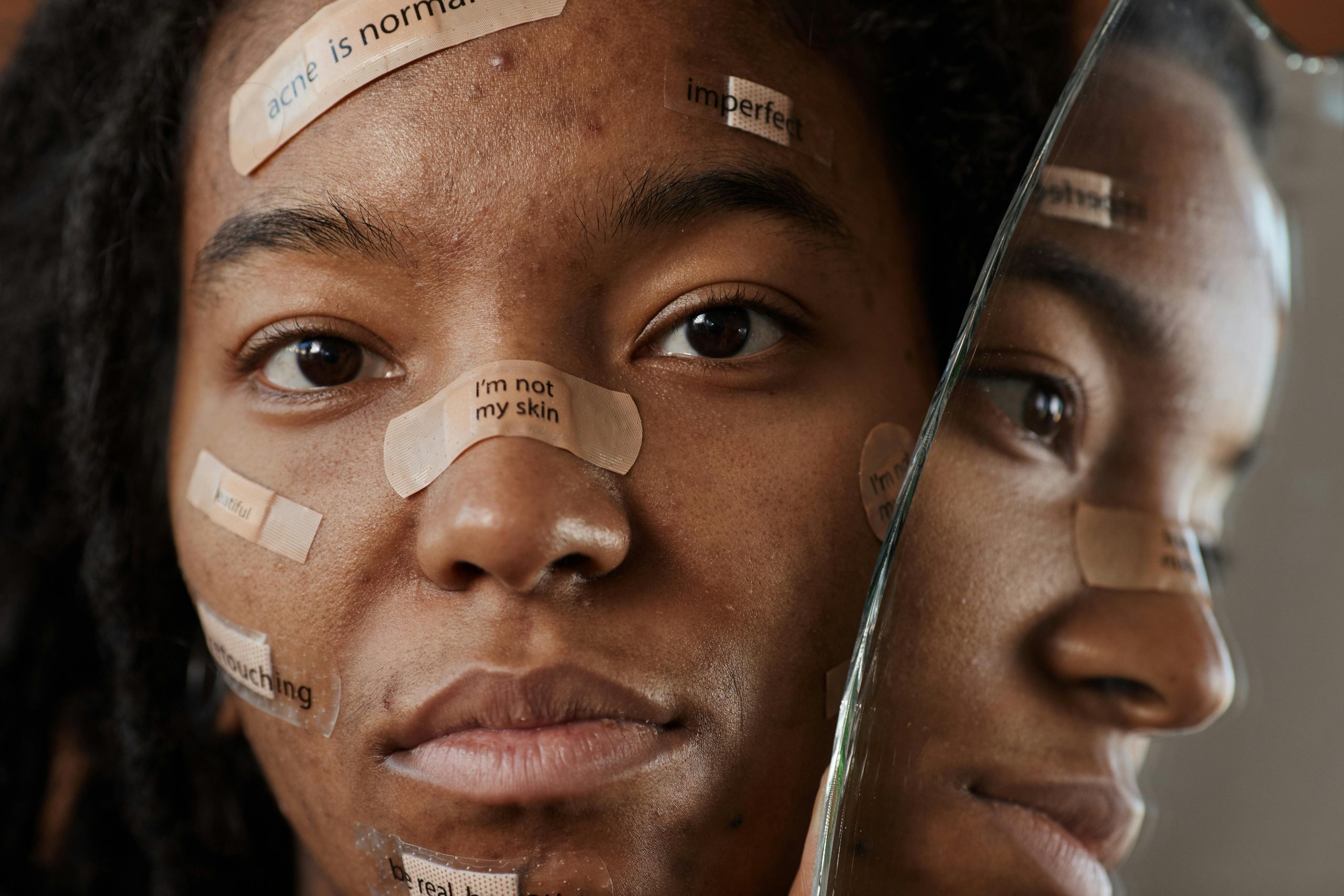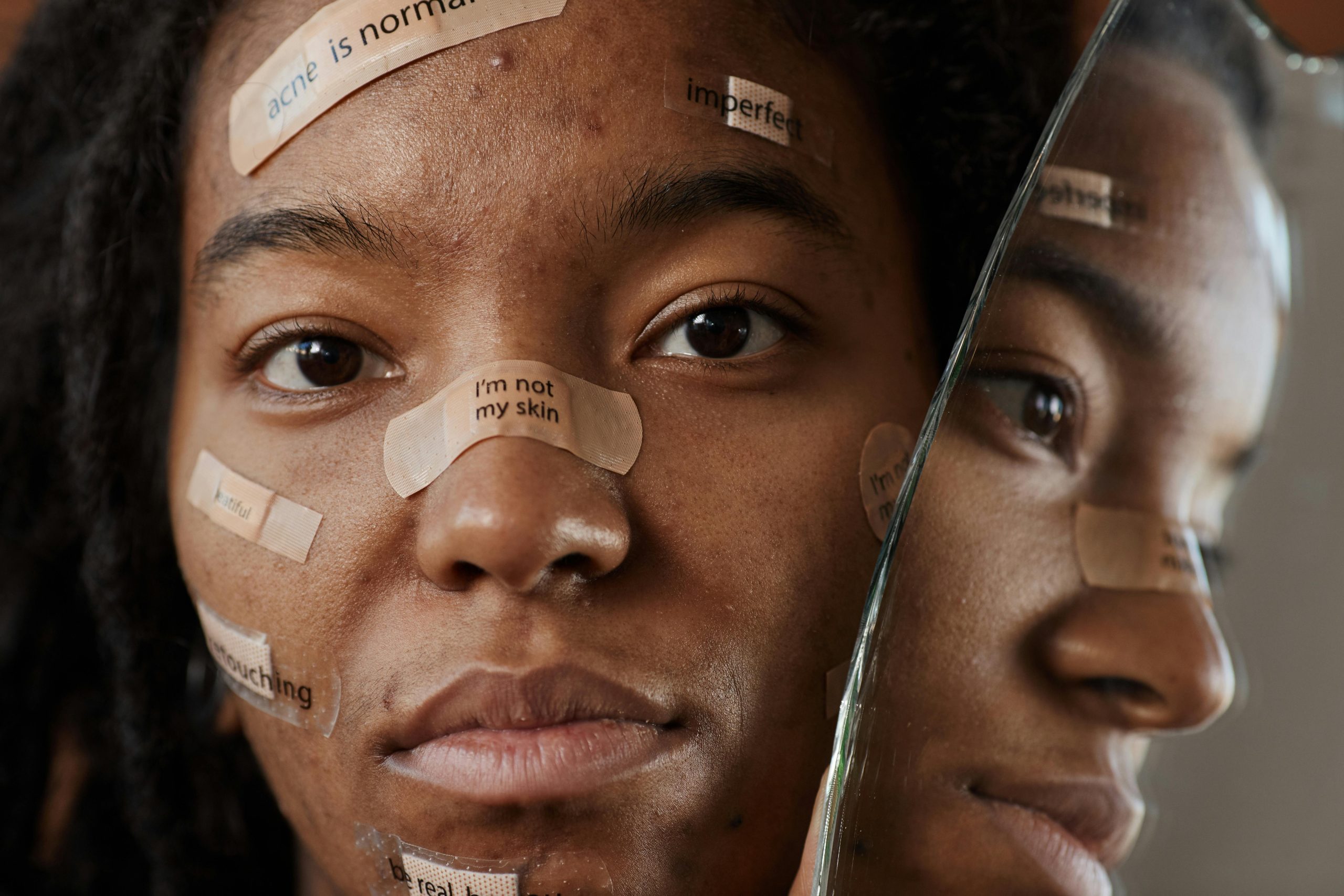Understanding Your Rights After a Car Accident: A Personal Experience
Navigating the complexities of car insurance can often feel overwhelming, especially after an unexpected incident. I recently found myself in a frustrating situation following a car accident that was certainly not my fault. Here’s what happened and what I learned along the way about dealing with insurance claims.
In September 2023, I was involved in an accident caused by another driver who ran a stop sign, colliding with another vehicle. This impact unfortunately resulted in damage to my parked car. Since I do not have collision coverage, I’ve been left questioning what steps to take next and how this will affect my ability to receive compensation for the damages.
The other driver, identified as Driver A, was entirely at fault, which should theoretically simplify the claims process. However, despite numerous attempts to reach out, I have faced a stone wall with their insurance company.
After the accident, I anticipated a relatively straightforward resolution, yet here I am a year later, still awaiting some form of communication from Driver A’s insurer. I’ve called multiple times, often having to leave voicemails that rarely receive a reply. The last update I received was in September 2024, indicating that Driver A’s insurance has not responded to the ongoing demands from the party they hit.
So, what does this mean for me as someone with no collision coverage? The burning question in my mind has been whether I can expect compensation or if I should prepare myself for the possibility that their insurance will simply ignore my claim.
While I understand that I may face challenges due to the lack of collision coverage, it’s essential to remember that as a third party injured in the incident, I have rights. The insurance company representing Driver A is legally obligated to handle claims for damages caused by their policyholder. However, the frustrating reality is that these companies can sometimes be less responsive, leading to prolonged waiting periods for resolution.
It has become clear to me that persistence is critical in dealing with such situations. If you’re ever in a similar predicament, don’t hesitate to keep pressing for answers. Document every communication—dates, times, and the names of representatives you speak with. These records can prove useful in case you need to escalate the matter.
In conclusion, while the absence of collision coverage adds a layer of complexity to my situation, I’m maintaining hope that once the dust settles, I will receive the compensation I’m entitled to. Staying informed and proactive in following up is key, even if the process proves to



